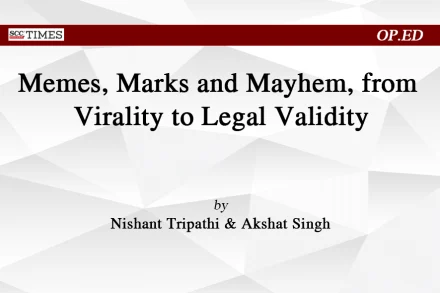
Memes, Marks and Mayhem, from Virality to Legal Validity
by Nishant Tripathi* and Akshat Singh**

by Nishant Tripathi* and Akshat Singh**

The unauthorized actions of Defendant 1, including the creation and operation of fraudulent WhatsApp/Telegram groups, websites and mobile apps, have given rise to substantial confusion, leading individuals to falsely believe that the impugned groups and website are affiliated with plaintiff.

Despite Respondent 1’s endeavour to create distinctions, it is crystal clear that the marks are confusingly/deceptively similar to the petitioner’s registered trade mark. Such use of a similar mark would invariably mislead consumers and members into believing that the goods under the impugned mark were sourced from the petitioner.

The Court stated that the mala fide intent of Defendants 7 and 8, is evident from their infringing activity of selling counterfeit products bearing the plaintiff’s trade mark with the sole objective of capitalizing on the immense goodwill and brand image enjoyed by the plaintiff.

Defendant 3 has taken unfair advantage of the reputation and goodwill of the plaintiff’s trade marks/artistic works and has also deceived the unwary consumers of their association with the plaintiff by dishonestly adopting the plaintiff’s registered marks/labels without any plausible explanation.
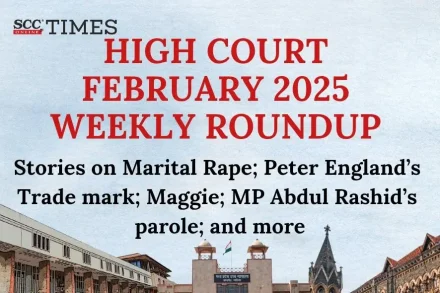
A quick legal roundup to cover important stories from all High Courts this week.
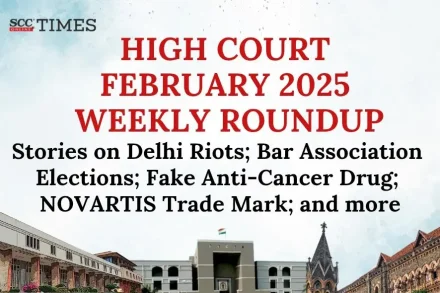
A quick legal roundup to cover important stories from all High Courts this week.
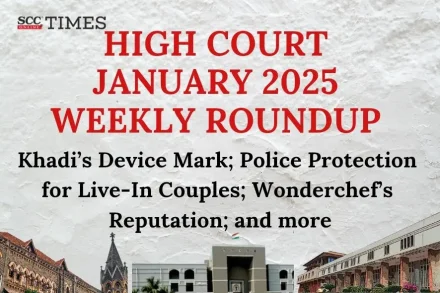
A quick legal roundup to cover important stories from all High Courts this week.
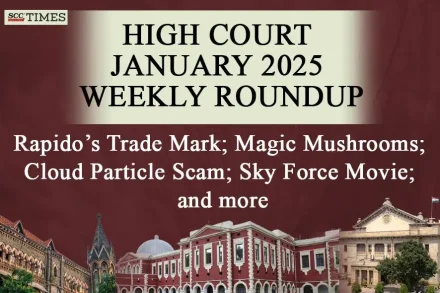
A quick legal roundup to cover important stories from all High Courts this week.

“It is clear that the impugned mark has been adopted by Respondent 1 dishonestly to trade upon the goodwill and reputation of the petitioner under the RAPIDO marks and to associate itself with the petitioner.”
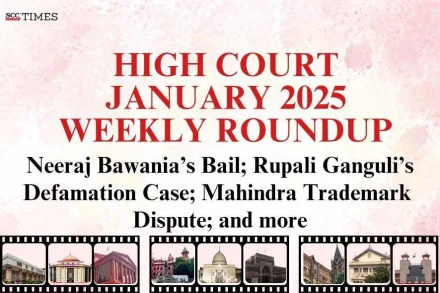
A quick legal roundup to cover important stories from all High Courts this week.
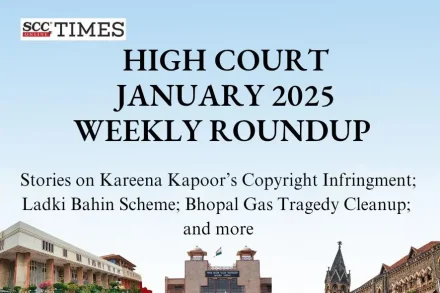
A quick legal roundup to cover important stories from all High Courts this week.
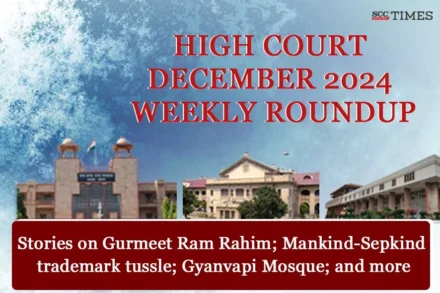
A quick legal roundup to cover important stories from all High Courts this week.
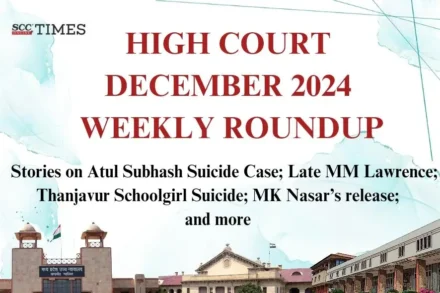
A quick legal roundup to cover important stories from all High Courts this week.
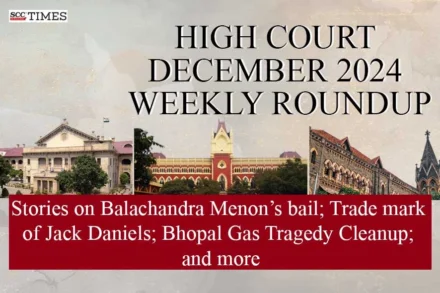
A quick legal roundup to cover important stories from all High Courts this week.
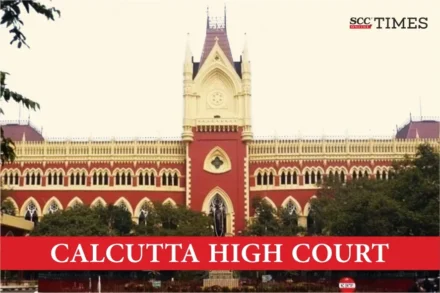
The Registrar dealing with an application under the Trade Marks Act is a quasi-judicial and delegation of power under Section 3(2) is an administrative power and as such the Associate Managers are not empowered to pass quasi-judicial orders.
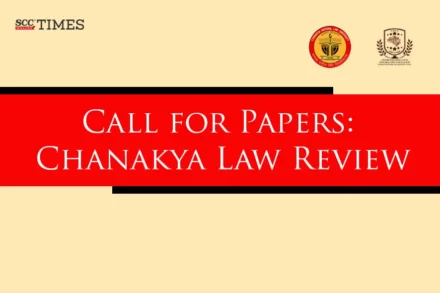
The CIRF-in-IPHD of Chanakya National Law University, Patna is inviting research papers for the following journals under Volume V, Issue I &

“Balance of convenience lies in favour of plaintiff, and they are likely to suffer irreparable harm in case the injunction, as prayed for, is not granted.”
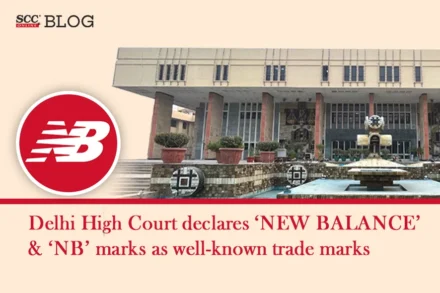
“The mark “NEW BALANCE” is a unique combination of two distinctive words i.e., “New” and “Balance” which have no connection, allusion, or description of the products of the services offered by plaintiff and the logo is also quite distinctive.”

“Though the specific words used for the news programme may themselves not be capable of being monopolized, the combination marks can be protected if they have acquired a secondary significance.”